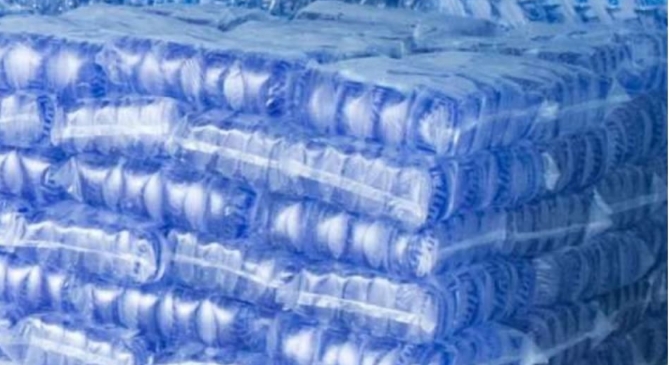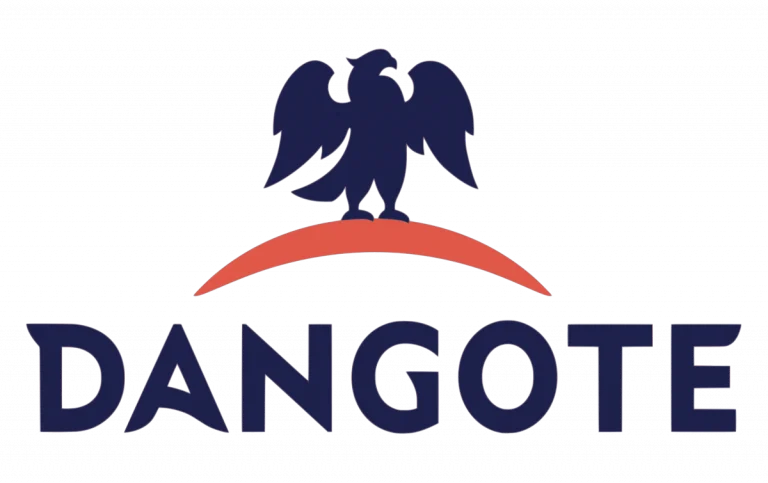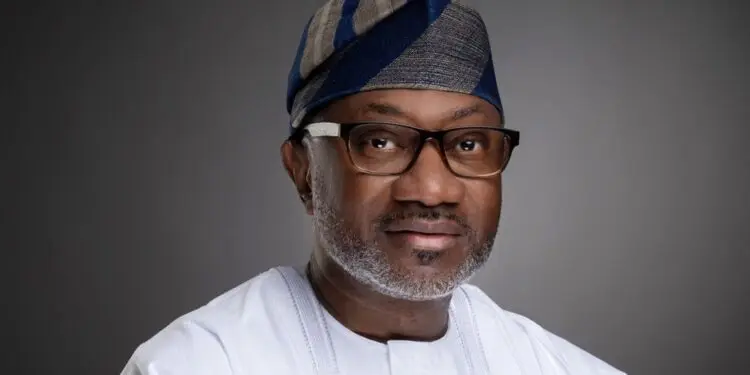Business
‘Buhari Has Finally Finished Us’, Nigerians Lament s ‘Pure Water’ Now Sells For N300, N400 Per Bag

Nigerians living in the Federal Capital Territory, FCT, Abuja, have lamented the over hundred percent rise in the price of sachet water popularly known as ‘Pure Water’ .
According to them, President Muhammadu Buhari government has finally finished the masses by taking ‘ordinary’ water out of their reach.
Findings by DAILY POST showed that what is known as a bag of sachet water which contains 20 sachets, is now sold for N200 to N250 by factories while retailers sell for N300 to N400 as against the initial price of Between N80 to N150.
This means that a 50 cl sac of ‘pure water’, which was sold for N10 before now, is now sold for nothing less than N20 to N30 depending on the area.
Resellers such as cold room operators may sell at N240 a bag.
This development follows the trend of minute by minute rise in prices of goods and services in the country currently battling unimaginable inflation.
Some sections of Abuja residents who shared their grievances with DAILY POST lamented that “pure water” has been their saviour due to the unavailability of a reliable supply of safe and hygienic water.
DAILY POST findings further reveal that millions of people in the country, especially in the commercial cities, shanties and rural areas rely on the popular “pure water” for their daily drinking needs.
“Pure water” producers, under the Association of Table Water Producers Association of Nigeria, on Thursday announced they have imposed an increase due to rising production costs.
“Water producers are to sell to their customers if less than 100 bags at N200 per bag,” the notice partly said.
However, some ‘pure water’ companies who spoke to DAILY POST in Abuja all cited the increase in cost of production, saying that they could no longer afford to produce at a loss.
“We can’t continue the way we were going. At a point, many of us wanted to shut down completely but after our general meeting last week, we decided to carry on but not as we use to,” one of the factory operators, who pleaded not to be mentioned, told DAILY POST.
“What is the essence of venturing in a business if instead of making gains you are losing the little one you’ve secured. Prices of raw materials we use for production are now 200 percent higher than what we used to buy them. So the only option to remain in business is to increase the price of the product,” he added.
Nigerians on the streets of Abuja and market places are not happy with the development and are calling on the government to show more concern to the plight of ordinary Nigerians.
June Ibegbulam, who loads taxi in Wuse motor park, said, “My brother, this one tire me. How we wan take survive? Just when we dey talk say we no fit buy food chop again, now water don join food. I stand here under the sun for the whole day. When it was N10, I drink at least 10 to 15 but now, I have to reduce it 5. This government is killing us faster than we expected. Na only God go save us.”
Mama Aminat, a market woman in AMAC Market, said, “Wetin you want make I talk? You no know say everything don spoil? Buhari don finally finish us. The worse you can do to any living thing is to deny them water. Food aside, no one can do without water and that many people can no longer afford ordinary ‘pure water’ is a big problem. I be mama, I get four children. Before, we dey buy 3 bags for N360. But now 3bags na N750. Tell me, how we wan take do am? Na only water person go drink?”
An Abuja based medical expert, who spoke on condition of anonymity, told DAILY POST that the hike in price of sachet water may lead to waterborne diseases and deaths.
According to him, people, mostly those living in shanties and rural areas will now resort to contaminated water due to their inability to afford cleaner water for themselves and members of their families.
He listed some of the most common waterborne diseases to include “Typhoid Fever, Cholera, Giardia, Dysentery, Escherichia Coli (E. coli), Hepatitis A, Salmonella” and called on the current administration to “see to the welfare of ordinary Nigerians,” adding that “if all citizens have access to clean water, these diseases would not exist.”
Business
NNPCL Announces Restoration Of Escravos-Lagos Pipeline

The Nigerian National Petroleum Company Limited (NNPCL) has announced the complete restoration of the Escravos-Lagos Pipeline System (ELPS) in Warri, Delta State, following the recent explosion on the asset.
The chief corporate communications officer (CCCO) of the nation’s oil company, Andy Odeh, in a statement, said that the pipeline is fully operational, reiterating the company’s resilience and commitment to energy security.
“NNPC Limited is pleased to announce the successful restoration of the Escravos-Lagos Pipeline System (ELPS) in Warri, Delta State.
READ ALSO:Fuel Price Cut: NNPCL GCEO Ojulari Reveals Biggest Beneficiaries
“Following the unexpected explosion on December 10, 2025, we immediately activated our emergency response, deployed coordinated containment measures, and worked tirelessly with multidisciplinary teams to ensure the damaged section was repaired, pressure-tested, and safely recommissioned.
“Today, the pipeline is fully operational, reaffirming our resilience and commitment to energy security. This achievement was made possible through the unwavering support of our host communities, the guidance of regulators, the vigilance of security agencies, and the dedication of our partners and staff.
“Together, we turned a challenging moment into a success story, restoring operations in record time while upholding the highest standards of safety and environmental stewardship.
“As we move forward, NNPC Limited remains steadfast in its pledge to protect our environment, safeguard our communities, and maintain the integrity and reliability of our assets. Thank you for your trust as we continue to power progress for Nigeria and beyond,” the statement read.
Business
Dangote Unveils 10-day Credit Facility For Petrol Station Owners

The Dangote Group has announced a 10-day credit facility backed by a bank guarantee for petrol station owners and dealers, alongside free direct delivery and other incentives, as part of a new supply arrangement.
The company disclosed this in a statement posted on its official X handle on Tuesday, inviting petrol station operators across the country to register to benefit from the offer.
According to the statement, participating dealers will enjoy “a 10-day credit facility backed by a bank guarantee,” with a minimum order requirement of 5,000 litres.
“Our free direct delivery service will commence soon,” the group said, adding that the offer is open to “all petrol station owners and dealers.”
READ ALSO:Dangote Sugar Announces South New CEO
The Dangote Group further called on operators to register their stations to access the supply arrangement.
“Register your petrol stations today to benefit from our competitive gantry price,” the statement read.
The company also disclosed that petrol supplied under the arrangement will be sold at a gantry price of ₦699 per litre.
For enquiries, the group provided the following contact numbers: 0802-347-0470, 0809-324-7070, 0809-324-7071 and 0203.
READ ALSO:Dangote Refinery Dispute: PENGASSAN Suspends Strike After FG Intervention
The announcement follows a recent petrol price adjustment by the Dangote Petroleum Refinery.
The PUNCH earlier reported that the refinery reduced its ex-depot petrol price from ₦828 to ₦699 per litre, representing a ₦129 cut or a 15.58 per cent reduction.
An official of the refinery, who spoke to PUNCH Online on condition of anonymity, confirmed the adjustment, saying, “The refinery has reduced petrol gantry price to ₦699 per litre.”
The new price reportedly took effect on December 11, 2025, marking the 20th petrol price adjustment announced by the refinery this year.
Business
JUST IN: Otedola Sells Shares In Geregu Power For N1trn

Billionaire businessman, Femi Otedola, has sold his majority stake in Geregu Power Plc for N1.088 trillion in a deal financed by a consortium of banks led by Zenith Bank Plc.
The Nigerian Exchange, NGX, made this announcement on Monday.
Otedola’s Amperion Power Distribution Company Ltd reportedly held nearly 80 percent of the power generating company.
READ ALSO:N200b Agric Credit Dispute: Appeal Court Slams NAIC, Upholds First Bank Victory
With this new development, Otedola, Chairman of First Holdco Ltd, parent company of First Bank of Nigeria Plc, will reportedly now concentrate on expanding his interest in the Nigerian banking sector, although he still retains some shares in Geregu.
Otedola is said to currently own 17.01 percent of First Bank — its single largest shareholder since the bank was established in 1894.

 Headline5 days ago
Headline5 days agoUS Dept Of War Shares Video Of Air Strikes In Nigeria

 News4 days ago
News4 days agoPHOTOS: SGF George Akume Weds Ooni’s Ex-Queen

 News3 days ago
News3 days agoEx-Edo Gov Obaseki Reacts As His Cousin Is Beaten, Stripped

 News2 days ago
News2 days agoBREAKING: Anthony Joshua Involved In Road Accident

 News5 days ago
News5 days agoShehu Sani Reacts To Trump’s Military Strikes In Nigeria

 News5 days ago
News5 days agoTrump’s Airstrikes: Halt Military Cooperation With US Immediately – Sheikh Gumi Tells Tinubu Govt

 Politics2 days ago
Politics2 days agoWike Speaks On Defecting To APC

 Politics2 days ago
Politics2 days agoJUST IN: INEC Excludes PDP From Ekiti Governorship Election

 Headline5 days ago
Headline5 days agoU.S. Lawmaker Reacts To Nigeria, U.S. Airstrikes

 Metro3 days ago
Metro3 days agoObaseki Beaten, Stripped In Edo




















